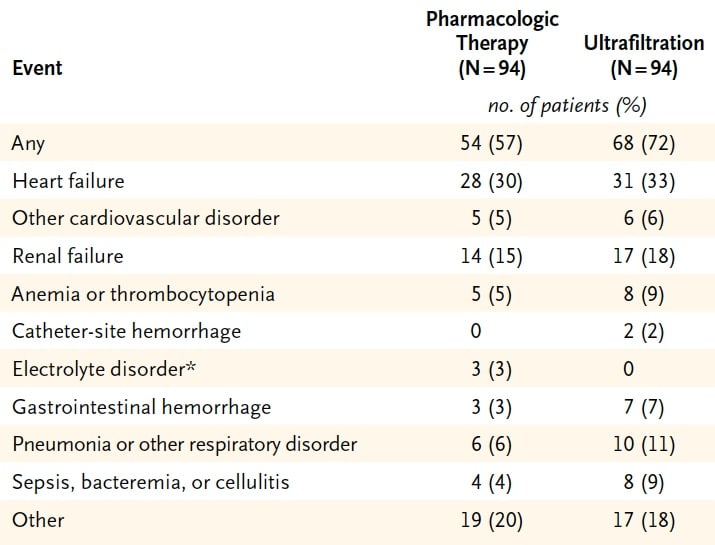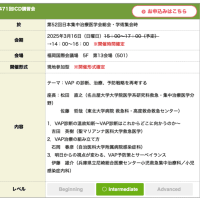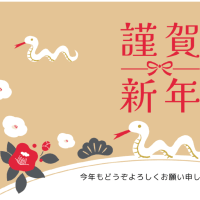N Engl J Med. 2012 Dec 13;367(24):2296-304.
ある程度の腎機能が維持されていれば、限外濾過は薬物療法より優れてはいない?!
Ultrafiltration in decompensated heart failure with cardiorenal syndrome.
Bart BA, Goldsmith SR, Lee KL, Givertz MM, O'Connor CM, Bull DA, Redfield MM, Deswal A, Rouleau JL, LeWinter MM, Ofili EO, Stevenson LW, Semigran MJ, Felker GM, Chen HH, Hernandez AF, Anstrom KJ, McNulty SE, Velazquez EJ, Ibarra JC, Mascette AM, Braunwald E; Heart Failure Clinical Research Network.
BACKGROUND:
Ultrafiltration is an alternative strategy to diuretic therapy for the treatment of patients with acute decompensated heart failure. Little is known about the efficacy and safety of ultrafiltration in patients with acute decompensated heart failure complicated by persistent congestion and worsened renal function.
METHODS:
We randomly assigned a total of 188 patients with acute decompensated heart failure, worsened renal function, and persistent congestion to a strategy of stepped pharmacologic therapy (94 patients) or ultrafiltration (94 patients). The primary end point was the bivariate change from baseline in the serum creatinine level and body weight, as assessed 96 hours after random assignment. Patients were followed for 60 days.
RESULTS:
Ultrafiltration was inferior to pharmacologic therapy with respect to the bivariate end point of the change in the serum creatinine level and body weight 96 hours after enrollment (P=0.003), owing primarily to an increase in the creatinine level in the ultrafiltration group. At 96 hours, the mean change in the creatinine level was -0.04±0.53 mg per deciliter (-3.5±46.9 μmol per liter) in the pharmacologic-therapy group, as compared with +0.23±0.70 mg per deciliter (20.3±61.9 μmol per liter) in the ultrafiltration group (P=0.003). There was no significant difference in weight loss 96 hours after enrollment between patients in the pharmacologic-therapy group and those in the ultrafiltration group (a loss of 5.5±5.1 kg [12.1±11.3 lb] and 5.7±3.9 kg [12.6±8.5 lb], respectively; P=0.58). A higher percentage of patients in the ultrafiltration group than in the pharmacologic-therapy group had a serious adverse event (72% vs. 57%, P=0.03).
CONCLUSIONS:
In a randomized trial involving patients hospitalized for acute decompensated heart failure, worsened renal function, and persistent congestion, the use of a stepped pharmacologic-therapy algorithm was superior to a strategy of ultrafiltration for the preservation of renal function at 96 hours, with a similar amount of weight loss with the two approaches. Ultrafiltration was associated with a higher rate of adverse events.

ある程度の腎機能が維持されていれば、限外濾過は薬物療法より優れてはいない?!
Ultrafiltration in decompensated heart failure with cardiorenal syndrome.
Bart BA, Goldsmith SR, Lee KL, Givertz MM, O'Connor CM, Bull DA, Redfield MM, Deswal A, Rouleau JL, LeWinter MM, Ofili EO, Stevenson LW, Semigran MJ, Felker GM, Chen HH, Hernandez AF, Anstrom KJ, McNulty SE, Velazquez EJ, Ibarra JC, Mascette AM, Braunwald E; Heart Failure Clinical Research Network.
BACKGROUND:
Ultrafiltration is an alternative strategy to diuretic therapy for the treatment of patients with acute decompensated heart failure. Little is known about the efficacy and safety of ultrafiltration in patients with acute decompensated heart failure complicated by persistent congestion and worsened renal function.
METHODS:
We randomly assigned a total of 188 patients with acute decompensated heart failure, worsened renal function, and persistent congestion to a strategy of stepped pharmacologic therapy (94 patients) or ultrafiltration (94 patients). The primary end point was the bivariate change from baseline in the serum creatinine level and body weight, as assessed 96 hours after random assignment. Patients were followed for 60 days.
RESULTS:
Ultrafiltration was inferior to pharmacologic therapy with respect to the bivariate end point of the change in the serum creatinine level and body weight 96 hours after enrollment (P=0.003), owing primarily to an increase in the creatinine level in the ultrafiltration group. At 96 hours, the mean change in the creatinine level was -0.04±0.53 mg per deciliter (-3.5±46.9 μmol per liter) in the pharmacologic-therapy group, as compared with +0.23±0.70 mg per deciliter (20.3±61.9 μmol per liter) in the ultrafiltration group (P=0.003). There was no significant difference in weight loss 96 hours after enrollment between patients in the pharmacologic-therapy group and those in the ultrafiltration group (a loss of 5.5±5.1 kg [12.1±11.3 lb] and 5.7±3.9 kg [12.6±8.5 lb], respectively; P=0.58). A higher percentage of patients in the ultrafiltration group than in the pharmacologic-therapy group had a serious adverse event (72% vs. 57%, P=0.03).
CONCLUSIONS:
In a randomized trial involving patients hospitalized for acute decompensated heart failure, worsened renal function, and persistent congestion, the use of a stepped pharmacologic-therapy algorithm was superior to a strategy of ultrafiltration for the preservation of renal function at 96 hours, with a similar amount of weight loss with the two approaches. Ultrafiltration was associated with a higher rate of adverse events.




























